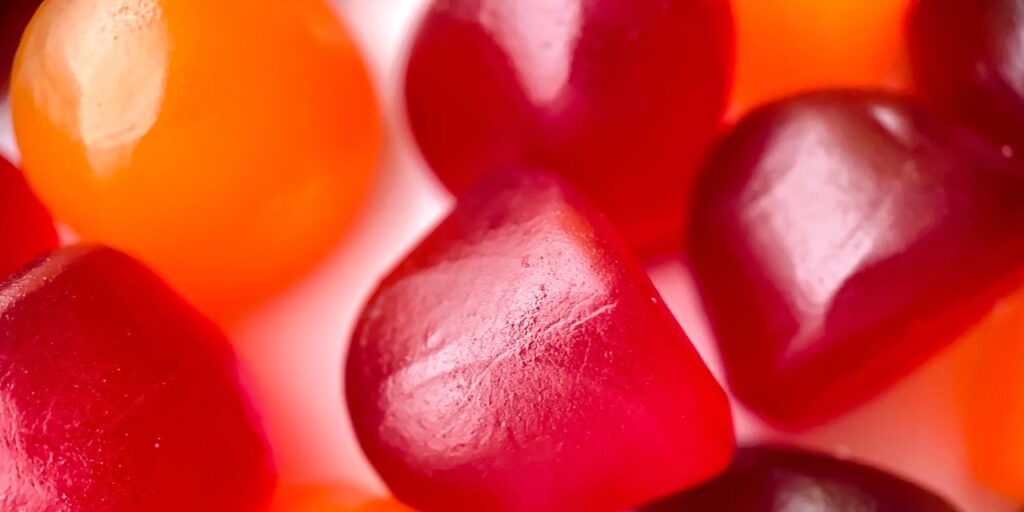B12, a vitamin naturally found in animal products, has become the internet’s favorite solution to low energy, fatigue, and overall sluggishness. It’s long made an appearance in multivitamins and standalone pills—but these days, its footprint seems to be ballooning. Energy drinks and shots are juiced up with the ingredient, as are IV drips promising things like vitality and hangover relief. And of course, a growing market of run-of-the-mill B12 tablets and gummies tout similar claims, suggesting the vitamin can give you an instant energy lift. But as with most supplements, marketing can be deceiving, and the truth about B12 isn’t quite so “easy pick-me-up” as you might (desperately) want to believe.
B12 is indeed a critical vitamin to consume. It plays a key role in forming red blood cells (which shuttle oxygen to your organs) and helps convert food into energy, so it makes sense why people might associate it with getting a boost, Gary Soffer, MD, director of the Integrative Medicine Program at Yale School of Medicine, tells SELF. It also helps create new DNA molecules (which are necessary to repair cells and form new ones) and maintain healthy nerves (hence why B12 deficiency is linked with neuropathy and even cognitive decline). Plus, the body can’t make it, so we have to get it from outside sources, like meat, fish, eggs, and dairy items.
But at the same time, we don’t need much B12 to reap its benefits—the recommended amount for adults is 2.4 micrograms daily, which most people in the US typically hit with food. So, are there benefits to taking a supplemental form of it? And how can you tell if you might actually be B12 deficient? Read on for everything you need to know about taking B12 and when, if ever, it may be something your doctor recommends.
Spoiler alert: There’s no evidence that suggests loading up on B12 will give you energy if you’re not deficient.
It’s true that a lack of vitamin B12 in your system—less than around 150 picograms per milliliter of blood—could manifest as fatigue or weakness. (Though it’s worth noting, B12 deficiency doesn’t always trigger symptoms.) Without enough B12, you could wind up with larger-than-usual red blood cells that don’t effectively transport oxygen to your organs, which is a form of anemia. Plus, low B12 levels could interfere with your body’s typical process for churning out energy from food, which may contribute to lethargy. And it can eventually diminish the protective covering on your nerves, leading to neurological symptoms like numbness and tingling in your hands and feet, and mood changes. So if your doctor determines that you have a B12 deficiency, taking a B12 supplement could restore your energy and resolve other related symptoms. However, as few as 6% of people in the US under age 60 have a B12 deficiency.
If you’re like the majority of the population that is not substantially missing out on B12, consuming more than the recommended daily value isn’t going to make any difference—no matter how fatigued you may be. After all, there are a bunch of non-B12-related causes for tiredness, ranging from stress, dehydration, and poor sleep habits to medical conditions like depression and hypothyroidism. “It’s the same reason why taking more iron when you’re not iron-deficient isn’t going to increase your energy, either,” Elisabeth Fowlie Mock, MD, MPH, a family physician in Bangor, Maine, and a member of the board of directors of the American Academy of Family Physicians, tells SELF. Not to mention, your body will just flush out any extra B12 in your pee. “It works like a gas tank,” Dr. Soffer explains, “so if you take more [than it needs], it’ll just spill over.”


